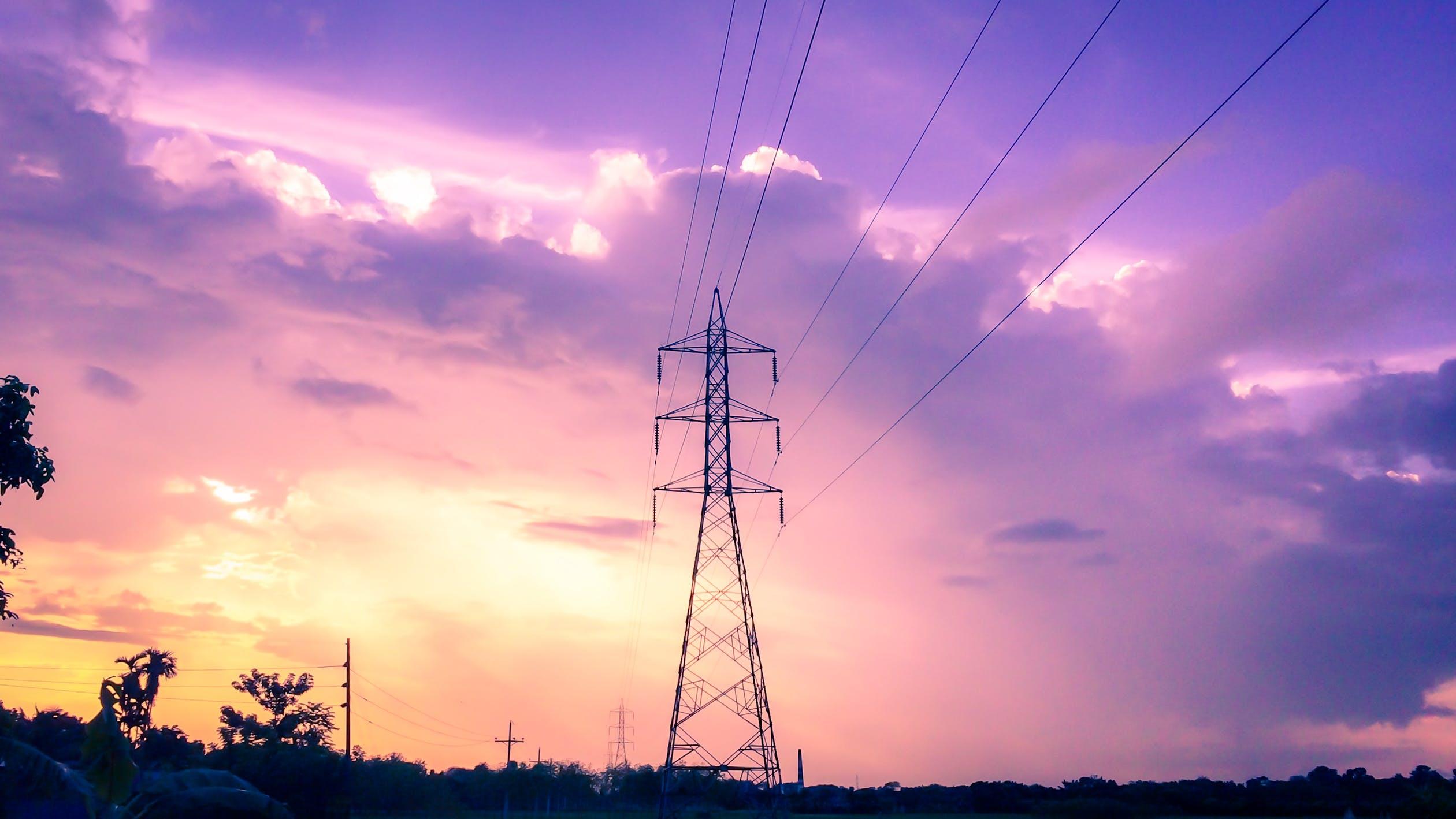The liberalization of the market has been on the agenda of European energy companies for 20 years. Imposed by regulation, it aimed to open the energy market to competition, electricity first, gas in a second time.
This move, aimed at lowering prices and offering choices to consumers, has resulted in various strategies:
– Defense at all costs by the historical suppliers of their dominant position.
– Attack of the incumbent suppliers on prices, historically their main weak point.
– Attack of the incumbent suppliers with green energy offerings, while their historical production mix was highly emitting CO2.
With more or less happiness, the liberalization of the markets gave birth to a new landscape:
– Incumbent suppliers have sometimes paid a high price for stubbornness in defending their positions rather than establishing new ones.
– New entrants have sometimes struggled against the incumbent behemoths and their margins have had difficulties to progress.
– The proximity offered by local suppliers has been undermined by new entrants.
– The quality of service to consumers has sometimes suffered.
– The expected fall in prices has not always occurred, for reasons unrelated to liberalization but poorly understood by consumers.
It is this contrasting reality that is observed by Swiss energy companies when it comes to discussing the total opening of their market to competition.
The fragmented structure of the Swiss market favors proximity to consumers. Total liberalization is clearly a threat to this proximity, but does it mean that consumers have no choice?
Today’s conditions are different from what they were 20 years ago: energy communities come in different forms:
– Grouping of the occupants of the same building to consume the production of a shared facility.
– Grouping of the inhabitants of a district to share their production and consume all the productions of a district.
– Grouping of dispersed micro-producers marketing and developing their production together with diffuse customers.
These communities, in some cases, are market liberalization, bringing an unprecedented local dimension to consumers. According to the regulations, this liberalization is even more complete than the previous one because the distribution itself can be liberalized.
This new form of liberalization preserves the proximity that is so necessary and so desired by consumers. It offers a more favorable evolution for local energy companies who can benefit from it and promote it.
In some countries, the big national players tend to fight it as they fought the previous one. I tend to think they are wrong: nothing seems to stop it. And there is probably more to gain from accompanying and coping with it, even if it may seem complex, than to be punished for having once again opposed the course of history.
We have seen in Europe a liberalization imposed by regulation; with energy communities, we are facing market liberalization on its own: addressing and taking advantage of it will require more elaborate strategies from energy providers.
Click here to read other articles of the same author.



Leave your comments
Post comment as a guest